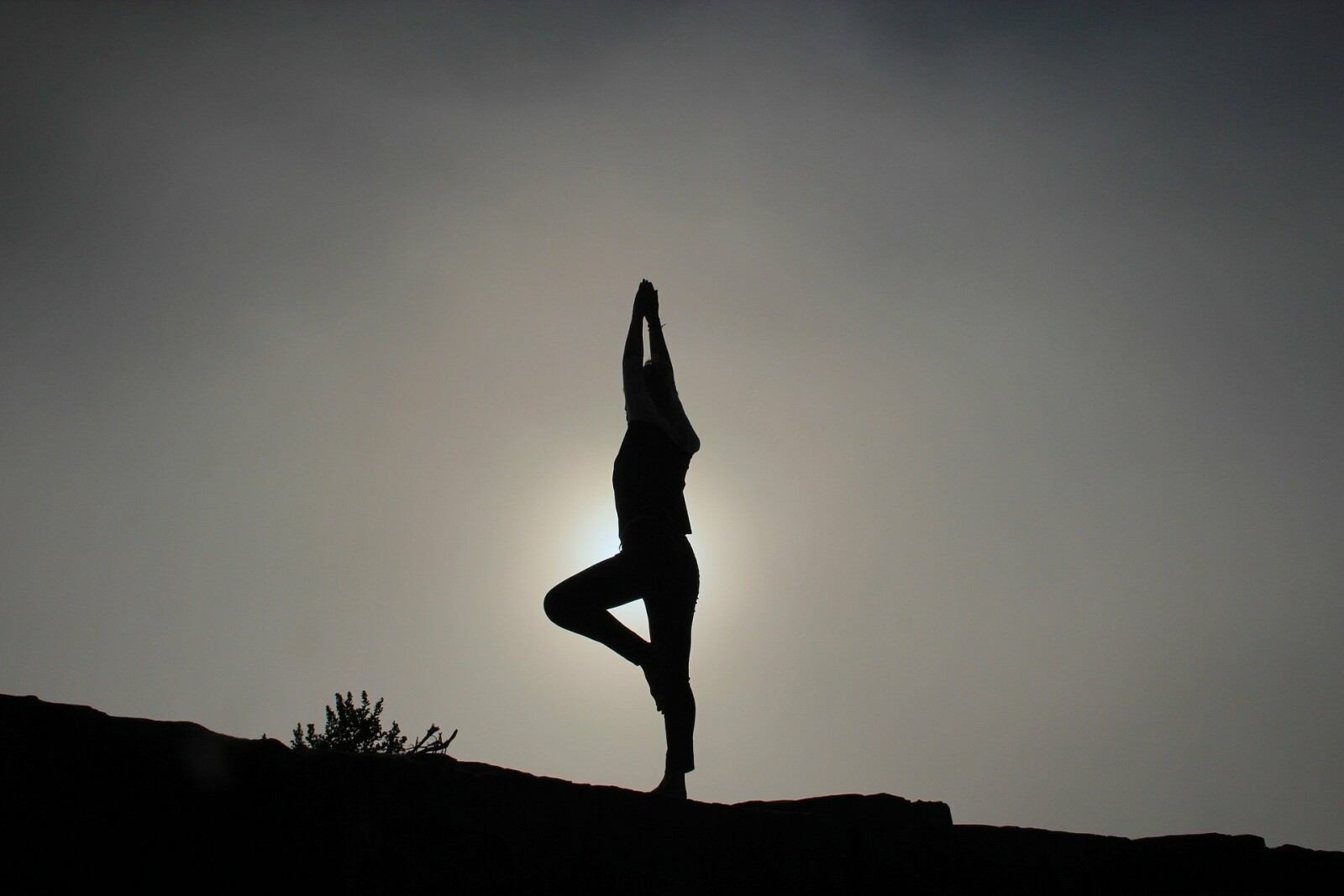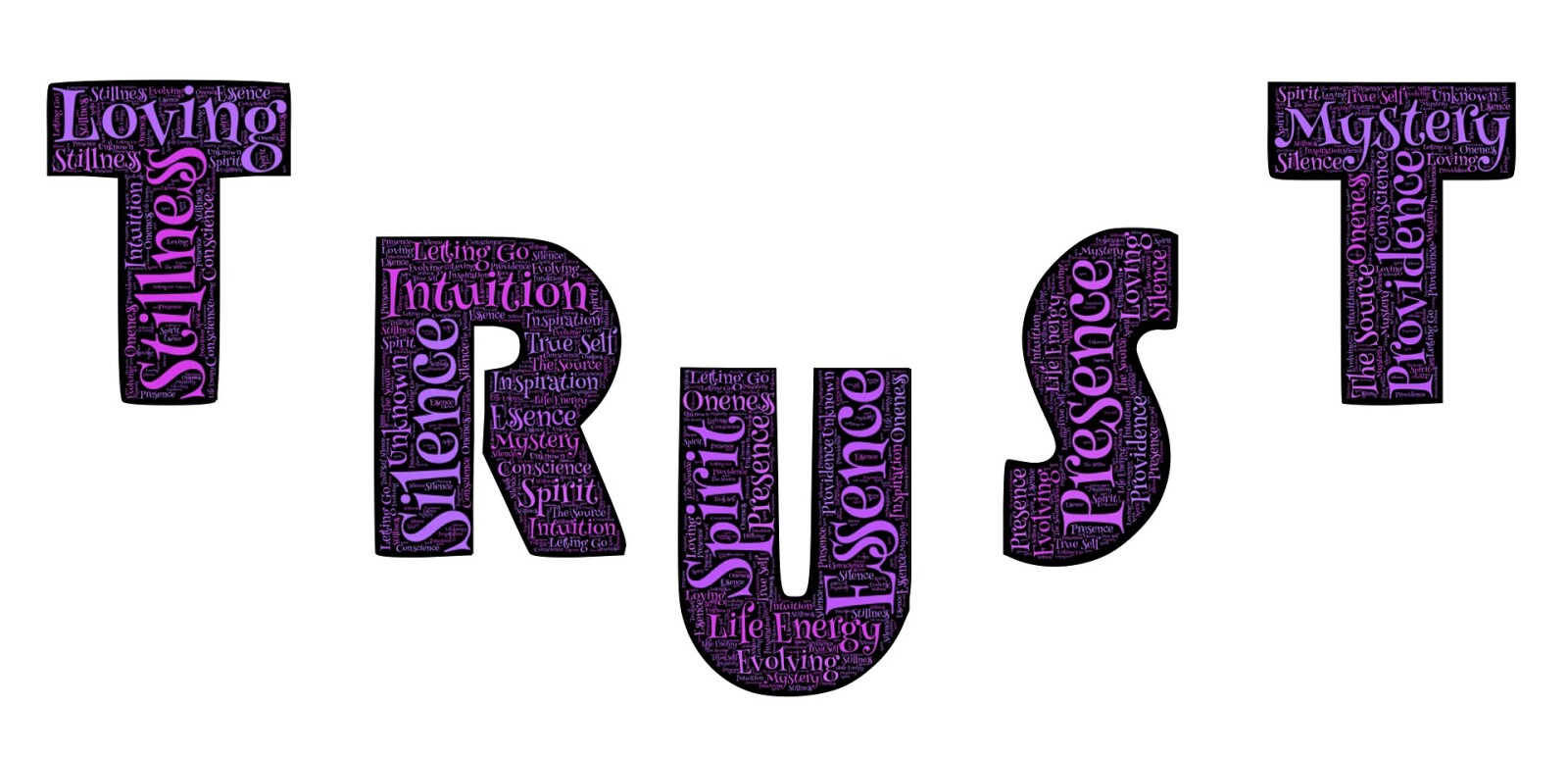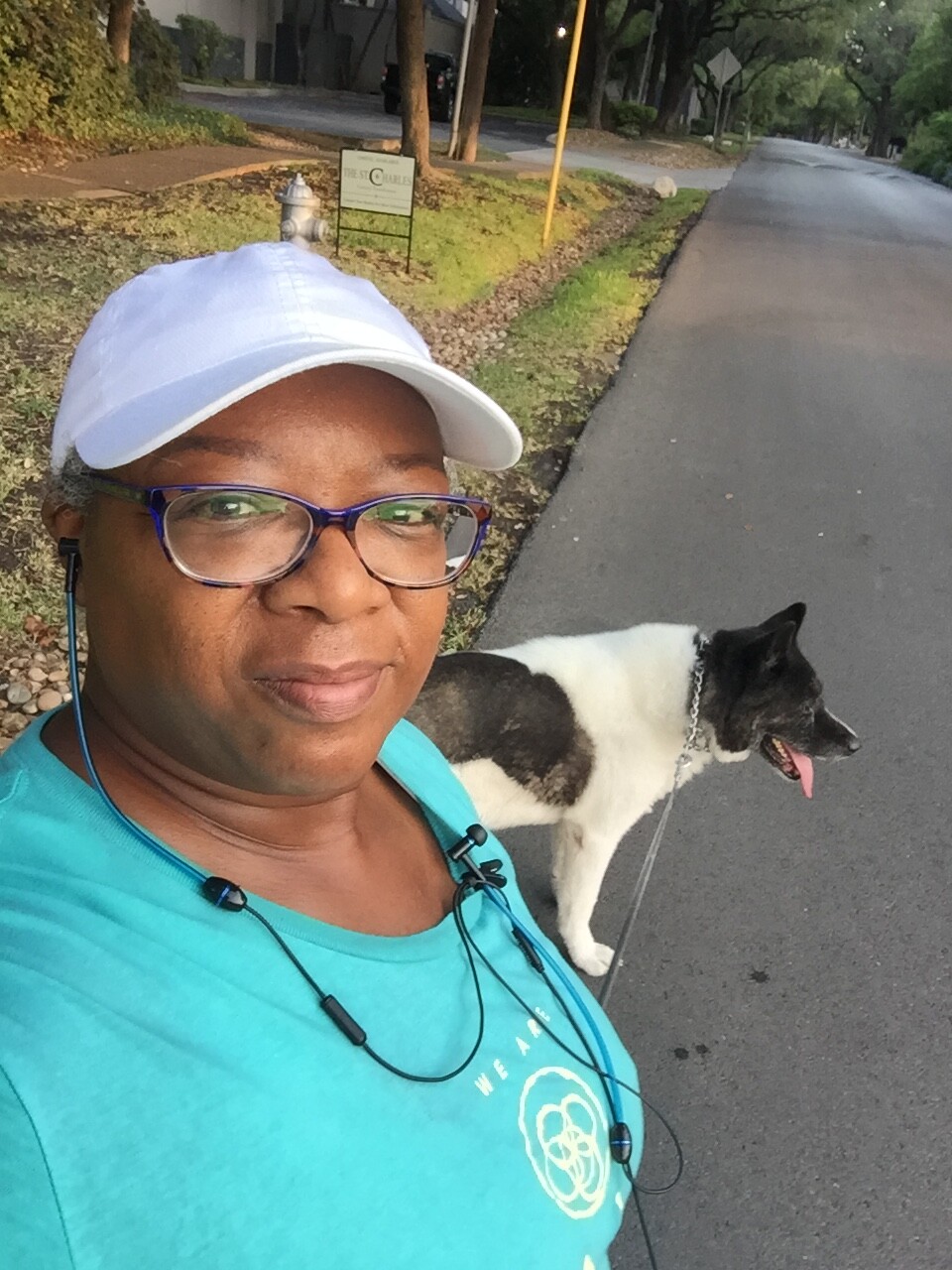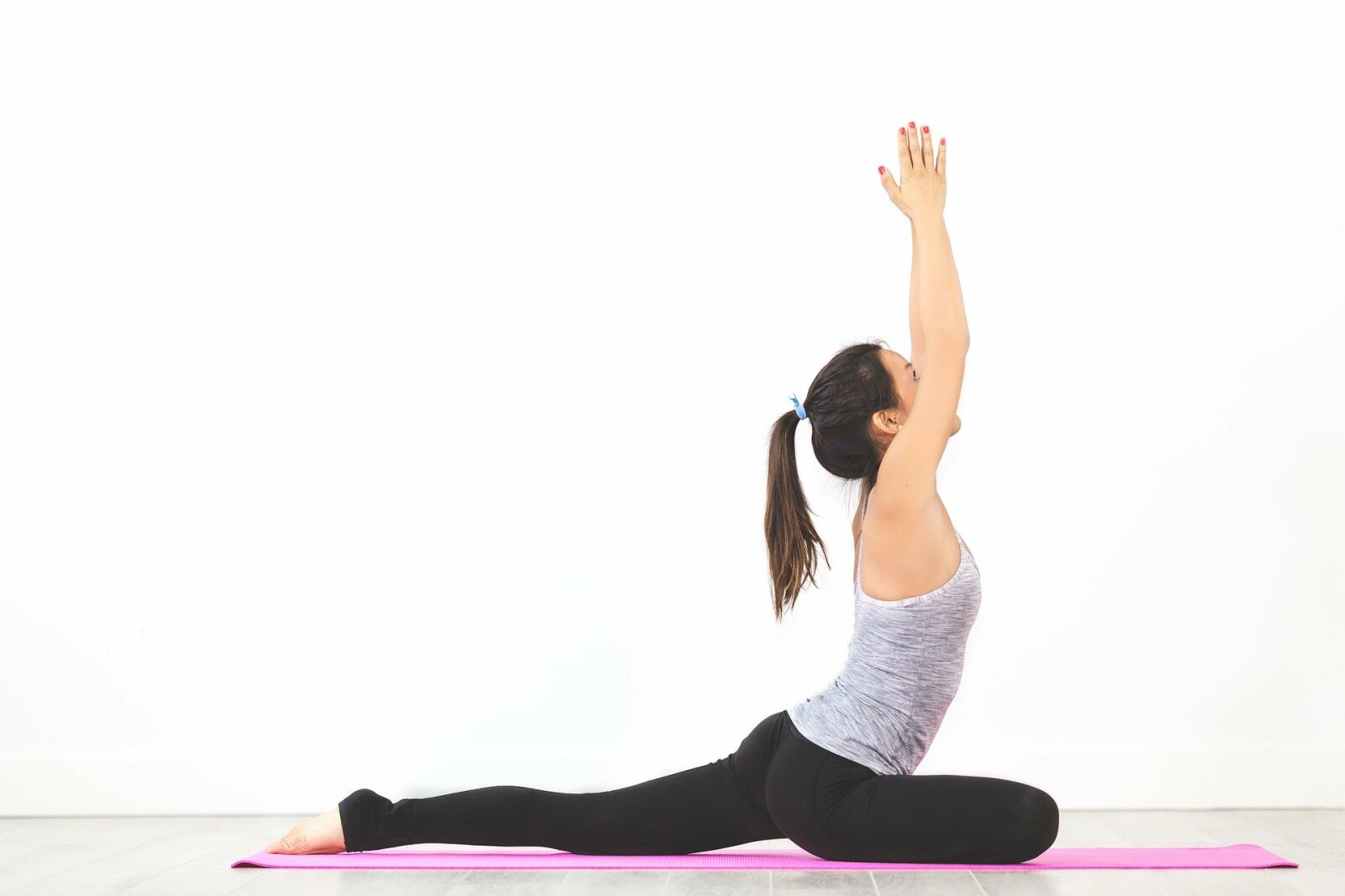
I am a pretty ‘woo-woo’ person. I love my tarot and crystals, I meditate regularly, and I can trance out playing my drum for hours. All of these practices have helped me to learn much about myself.
Up until recently, however, I ‘never had time’ to really delve into my ‘woo.’ I had to squeeze it in between grading, prepping for classes, feeding and walking the dog, keeping the few plants I own from dying, juggling time with friends and family, trying to get in some reading, music and crafting.
Whew! I got exhausted just typing that all out. It was a lot, and being a ‘responsible’ person, I often prioritized on my obligations to my groups, religious organizations, and friends over my own needs and desires. I mean, I can’t let them down, can I?
Enter COVID. Initially, life was a hot mess of trying to get myself, my course materials, and my brain online. However, once I figured out what had to be done, I got it done, and didn’t worry about dropping balls. Come on—it was a pandemic, so what if I didn’t get a memo done?
And let’s face it, there was very little else to do. Restaurants, gyms, and parks were closed, I couldn’t see friends, all of my clubs and groups had severely curtailed their schedules, and what little was left was on Zoom.
All of a sudden I had … time…
It was such a strange feeling. I had never had time to do what I wanted! I had barely had time to do meet my obligations!!
Usually during spring or summer vacations, when I had a much-needed break from classes, meetings, and grading, I usually traveled or scheduled a number of visits to catch up with friends. I was just as busy as during the school year, just with other stuff. It was all fun, but it was still a jam-packed schedule, only crammed with fun things.
But 2020 was radically different. I had … time…
And I used it to reacquaint myself with my ‘woo’!
I drummed and chanted. I sat on my back patio and just gazed at the birds and squirrels and lizards and clouds. I sat on my patio with my tarot cards until it was too dark to see. I started doing some personal development using astrological tools to provide guidance.
I refocused on eating mindfully. I spent time in the kitchen cooking in an intentional way and I rejoiced in the sacred act of blessing my body with delicious food.
I had always made time to walk a couple of miles every morning with my dog, Sno. That didn’t change, but my attitude did. Instead of just powering up the road, getting in my steps in the quickest way possible, I started to go through the neighborhood more, smiling and saying good morning to all my neighbors. I waved at every car I passed and was so surprised to see how many people waved back!
School begins in a couple of weeks. The fall semester is always my most difficult, with two writing intensive classes. I’m also trying a hybrid model of teaching, with both in-class and online components, for the first time. It’s scary and making it work will take a lot of time.
However, it will not take the half day every week (either Saturday or Sunday), that I am dedicating to my ‘woo.’ I am putting this out to the world in this venue. I am stating it plainly so that I can be called out if I don’t do it.
I commit to holding onto a little piece of the peace I have lived the past few months!
What about you?
Like this info? Get my Guide: 3 Ways Being “Connected” Can Change Your Life

I could just cry!!! It was a spring night in 2017 and I was lying in bed, alternating between staring at the ceiling and the clock.
I’d stayed up late the night before finishing up a project to meet a deadline and I’d BARELY made it through the day. My butt had been dragging!! I'd felt a like a zombie, trying to hide my undead condition during my noonday meeting. And then I knew I was exhausted when I fell asleep IN THE MIDDLE OF EATING DINNER (#facedowninsalad)!!!
‘Ok Kimberlyn,’ I thought, ‘This is fixable. Just get a good night’s sleep tonight!’ So I went to bed early—by my standards at least—about 10:15 pm. I woke up to go to the bathroom at exactly 1:26 (I checked the clock as I got back in bed). Then the hamster started running, and I began to think about some tasks that needed to be handled first thing in the morning, and….
It was all over at that point—I couldn’t fall back to sleep. I remember glancing at the clock REPEATEDLY over the course of the night: 1:58… 2:34…. 3:05… 3:29… you get the picture.
I finally fell asleep around 5:30 and dragged myself out of bed at 7, unrested, frustrated, and resentful.
Eating lunch at my desk (I was too exhausted to think about going out) I was trying to stay awake by browsing the internet. I searched on “insomnia,” and learned I wasn’t alone.
OK, fast forward to spring 2020. I’m talking to friends and relatives and I’m hearing HEARTRENDING stories of folks struggling to keep a normal schedule. People juggling working from home with managing their kids’ online school assignments, finding room for work spaces, fears about the health of loved ones or lost/decreased income, the confusion and frustrations of mixed messages about self-care and preventing infection.
What is the connection between those two stories? Stress and the lack of daily consistency.
I BELIEVE that the lack of a consistent, supportive schedule directly increased the amount of stress in my life.
Now, I’m not talking about a vacation when I’m looking forward to change and excitement. I mean that when it is time to get work done, the pressure of having to perform without a consistent support structure can take an incredible toll on health, well-being, and emotional balance.
I thought I’d share the techniques I used back then to keep myself from spiraling into a weeks- or months-long bout of insomnia. By employing these techniques, I built a better morning, and the benefits echoed throughout my day and night.
To help get you back on track, here are my TOP 3 TIPS to start building a better morning. And I promise you, the beneficial effects will ripple throughout your entire day. It all starts here …
1. (Re)Commit to a gently supportive schedule
The trick to a successful morning schedule starts the night before. Make a commitment to yourself to be in bed — and even schedule that bedtime into your calendar — a half-hour earlier every few days until you’re hitting the sack by 10 or 11 p.m.
Avoid making too big of a shift too soon (the mistake I made that night in 2016) and give your body a few days to adjust to your new bedtime.
Deep sleep is imperative because that’s where rapid eye movement (REM) occurs, vital to restoring bodily detox processes and keeping your body in balance.
Troubleshooting
If you’re having trouble getting enough rest, you may want to try one of these hacks …
- Supplement with melatonin at bedtime to promote relaxation
- Drink mugwort or chamomile tea an hour or so before bedtime
- Avoid exposure to all electronics at least 2 hours before bedtime, but know even 30 minutes before bedtime offers some benefits
- Diffuse lavender essential oil for 10 minutes or apply a drop topically with a carrier oil to your temples
- Practice meditation or prayer
2. Aim to rise between 5 and 7 a.m.
As your bedtime normalizes, shoot for 7 to 8 hours of sleep and wake earlier and closer to the time of sunrise.
Be sure to avoid electronics first thing in the morning and take a few minutes to say or write down things you're grateful for before stepping out of bed. Practice gratitude as a way to neutralize fear and increase happiness.
3. Build something to savor into every morning
You may have heard that Yale is offering its most popular course ever online for free right now. That class? “The Science of Happiness.” And one important lesson in that course focuses on “savoring.”
According to instructor Laurie Santos, PhD, “Savoring is the simple act of stepping out of your experience to review it and really appreciate it while it's happening.”
It can improve mood by helping us to remember the good stuff in life, it keeps us in the moment and increases gratitude.
Track your savoring experience to boost gratitude and help develop stronger healthy habits.
Here are some ways to savor a morning treat while also supporting your wellness …
- If you’re able, take a short solo walk and really savor the changing of the seasons
- Watch birds out of your window and take pleasure in their colors, songs and behavior. I put up bird feeders and installed a birdbath in my backyard, and I spend at least a half hour outdoors every morning drinking my tea and relishing my little bit of nature.
- Journaling saved my life! I committed to writing a certain number of pages longhand in a journal EVERY DAY.
- Start small—one page a day. You could write or draw or doodle, or just write an affirmation over and over again.
- DON'T PUT PRESSURE ON YOURSELF TO "PRODUCE." This is supposed to help you process your stressful life, not add to it! No one will read it other than you (and sometimes I found it useful to NOT read it after it was written). When I couldn’t think of anything to write, I would start with: “I don’t know what to write…” over and over again. Usually, about halfway down the page, something would occur to me and I’d be off to the races!
- Give it 21 days and see how you feel about it.
In fact, with ALL of the above, I would suggest committing to the practice for at least 7 days before expecting to feel any difference, and 21 days to really call it a part of your day.
I feel like a new woman—a happier, more fulfilled woman—now that I can look forward to my invigorating morning. Hope this works for you!!!
Do you have a morning practice? If so, what is your go-to routine to spring out of bed, seizing the day? Please let me know below.
Like this info? Get my Guide: 3 Ways Being “Connected” Can Change Your Life for the Better
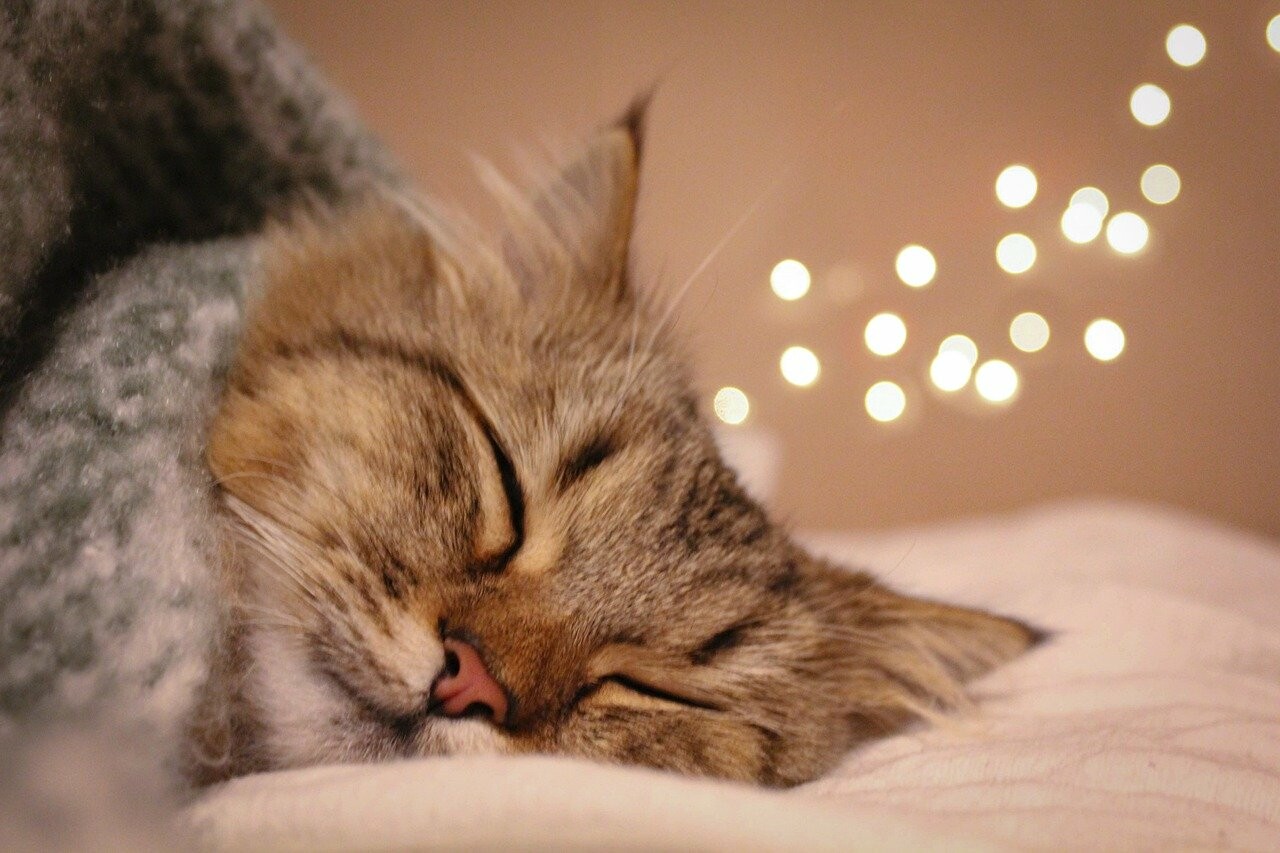
For years, I suffered from mild to severe insomnia. I would get to bed around midnight, and basically wake up every 1-2 hours, lying awake for sometimes as little as 5 minutes, but often for up to an hour and a half before dropping off into a restless unsatisfying sleep.
This took a MAJOR toll on my life.
My energy and attention span were nonexistent and I would feel foggy in the late afternoons. Once, waiting for a traffic light to switch from red to green, I actually fell asleep just sitting behind the wheel!
Really scared, I began to do a little research, and learned that, when it came to difficulties with sleep, I WASN’T ALONE!
Getting a good night’s sleep has become a NATIONAL problem in the US among adults and the most common problem in relatively healthy adults age 50 and older. People with this condition have trouble falling asleep and/or staying asleep. This can last for days, months, and even years.
Why is a good night’s sleep so important? Many would probably say that a good night’s sleep is to just keep one alert during the day. While that was certainly a significant reason for ME in getting the requisite amount of sleep, recurring insomnia can have an insidious effect on a person’s health and well-being.
While awake our brains and bodies are basically engaged with getting us through the day, expending HUGE amounts of energy on physical activity and mental operations. Asleep, our bodies focus on growing, storing energy, and repairing or replacing damaged cells. Our brains perform a dual function, eliminating toxins from its physical matter while psychologically sorting out the serious issues of the day.
Studies have shown that most people need between seven and nine hours of sleep. Consistently getting less than that can result not only the expected drowsiness during the day, but in attention problems, irritability, and a marked decline in motor function. More serious cases can suppress the immune system, increase the risk of elevated blood pressure, diabetes, heart disease, weight gain or difficulty in losing weight, and exacerbate chronic pain or fatigue, mental and emotional illness.
The Centers for Disease Control and Prevention declared sleep deprivation a public health epidemic in 2011, noting that between 50 and 70 million Americans suffer from chronic sleep problems.
Often, being unable to sleep becomes a habit. Some people worry about not sleeping even before they get into bed. And just worrying about it may make it harder to fall asleep and stay asleep.
Some people who have trouble sleeping may use over-the-counter sleep aids or prescription medicines to help them sleep. I knew from EXPERIENCE that these medicines may help when used for a short time, but the body becomes used to them, and they become less and less effective over time. And I learned that medicines aren’t a cure for insomnia. I realized I had to work on the source.
I am so blessed that I no longer have this issue. NOW, I sleep like a log, and wake up (even when I don’t want to….) at 5-ish every morning! I have energy to spare and I’m sometimes amazed at how alive and vibrant I feel! Next week, I’ll share some of my all-natural approaches to better sleep!
Do you get all of the sleep you need every night? If so, what is your go-to for a good night's sleep?




